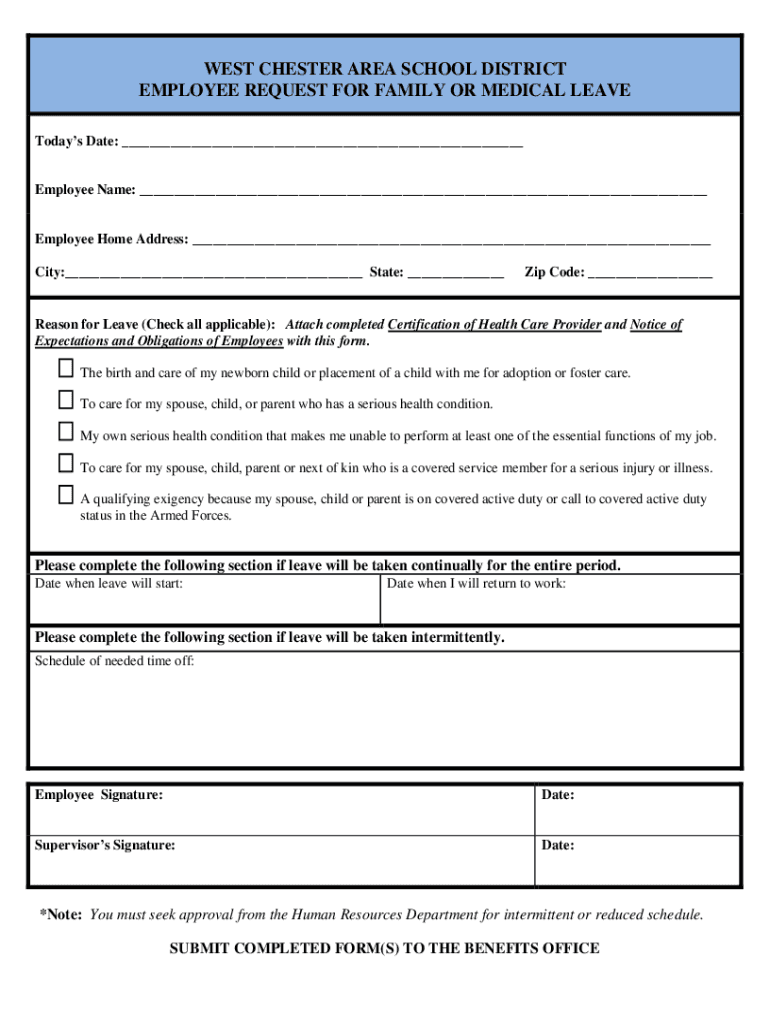FMLA Paperwork for Mental Health: Who Can Help?

The Family and Medical Leave Act (FMLA) is a critical piece of legislation designed to help employees balance their work and family needs by allowing them to take unpaid, job-protected leave for specific family and medical reasons. For many, addressing mental health issues can be a daunting task, especially when it involves navigating the complexities of FMLA paperwork. Understanding who can help with FMLA paperwork for mental health leaves can make the process much smoother. Here’s an in-depth look at who you can turn to for assistance.
Understanding FMLA and Its Application to Mental Health

The FMLA allows for up to 12 workweeks of leave in a 12-month period for reasons including:
- Birth of a child or care of a newborn.
- Care for an adopted or foster child.
- Care for a spouse, child, or parent with a serious health condition.
- Recovery from a serious health condition that makes the employee unable to perform the functions of their job.
- Certain military family leave situations.
Mental health issues are indeed considered “serious health conditions” under FMLA if they require:
- Inpatient care in a hospital or residential health facility.
- Continuing treatment by a health care provider, which can include in-person treatment, therapy, or counseling.
Who Can Help with FMLA Paperwork?

Dealing with FMLA paperwork can be overwhelming, but several professionals and entities are available to assist:
1. Human Resources (HR) Department

Your company’s HR department is often the first point of contact for any employee planning to take FMLA leave:
- They provide the necessary FMLA forms and can guide you through the process.
- They ensure compliance with company policies and FMLA regulations.
- HR staff can help clarify what documentation is required and how it should be completed.
2. Healthcare Providers

Your mental health professional, whether a psychiatrist, psychologist, or therapist, plays a crucial role:
- They can certify your condition in the FMLA forms, providing the necessary medical information.
- They might help draft a letter outlining your need for leave due to your mental health.
- Communicating effectively with your provider ensures they understand the importance of the paperwork for your leave.
3. Employee Assistance Program (EAP)

If your employer offers an EAP:
- These programs often provide free and confidential assessments, short-term counseling, referrals, and follow-up services.
- EAPs can also guide you on how to handle FMLA paperwork, although they might not fill out the forms for you.
4. Legal Counsel

For complex or disputed cases:
- An attorney specializing in employment law can offer legal advice and representation.
- They can help if there are complications with employer approval or if you feel your rights are being violated.
⚠️ Note: Always remember that while legal counsel can provide expert guidance, the financial aspect should be considered as their services come with fees.
5. Disability Advocacy Groups and Legal Aid

If cost is a concern:
- Organizations like the National Alliance on Mental Illness (NAMI) or similar advocacy groups often provide resources and support.
- Legal aid organizations can offer free or low-cost legal advice for FMLA matters related to mental health.
6. Online Resources and Support Communities

Online platforms and support communities can be invaluable:
- Websites like FMLA Insights or mental health forums provide guides, templates, and real-life experiences.
- Engaging with these communities can offer emotional support and practical tips.
The Process of Filing FMLA Paperwork for Mental Health

Here’s a step-by-step guide to navigating FMLA paperwork:
- Notification: Inform your employer of your intention to take FMLA leave as soon as possible.
- Documentation: Obtain the required forms from HR and have them filled out by your healthcare provider.
- Certification: Your healthcare provider will need to certify your mental health condition. Ensure they understand FMLA criteria.
- Submission: Submit the completed forms to your HR department within the stipulated time frame.
- Approval: Wait for your employer to approve or request additional information.
- Record Keeping: Keep copies of all forms and communications.
- Follow-up: Stay in touch with HR or your manager regarding your leave status.
🔍 Note: Remember, while the FMLA is a federal law, state laws might provide additional protections or requirements, so always verify with local regulations.
Summing Up

The journey through FMLA for mental health can seem complex, but with the right support and understanding of available resources, it becomes manageable. From HR departments to healthcare providers, from EAPs to legal counsel, a network of help exists. Leveraging these resources not only aids in navigating the paperwork but also ensures you receive the leave you are entitled to without unnecessary stress. Remember, taking care of your mental health is as important as any other aspect of your well-being, and federal protections like FMLA are there to support you in this process.
What qualifies as a “serious health condition” under FMLA?

+
A “serious health condition” includes mental health conditions that require inpatient care or continuing treatment by a health care provider. This can include therapy, counseling, or ongoing medication management for conditions like depression, anxiety, PTSD, or other psychiatric disorders.
Can I use FMLA leave intermittently for mental health?

+
Yes, FMLA allows for intermittent leave, which can be useful if your mental health condition involves periodic treatment like therapy sessions or doctor’s appointments. However, you need to work with your employer to manage the impact on work schedules.
What if my employer denies my FMLA request for mental health reasons?

+
If your employer denies your FMLA request, first, review the reasons for the denial. If you believe the denial is incorrect or unlawful, you can consult with an attorney or seek assistance from legal aid services. Documentation and communication with your healthcare provider are crucial to support your case.